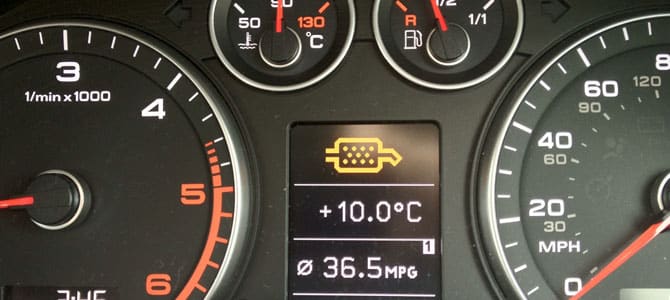Modern diesel vehicles offer exceptional performance, fuel economy and drivability. They’re also generally extremely reliable and hard-wearing when serviced regularly. Nearly all modern diesel engines come fitted with a diesel particulate filter, also known simply as a DPF. A DPF is a device fitted to an exhaust system that’s designed to filter and trap particulate matter from expended gases. And while the DPF works to trap particulates, it can become saturated with matter or soot over time which will restrict exhaust flow. Blocked flow will mean the engine has to work much harder and performance and fuel economy will suffer as a result.
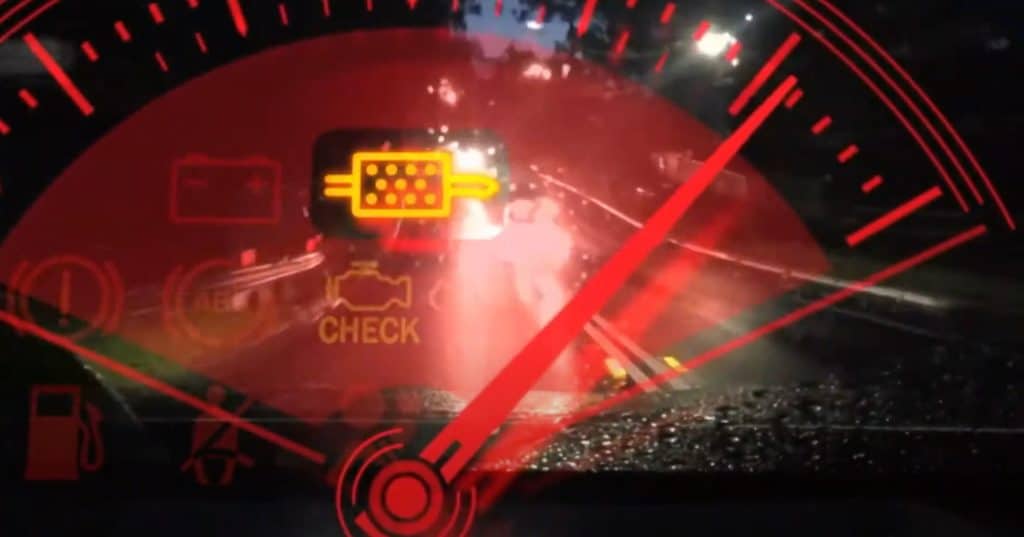
So it’s important that the matter or soot from the DPF is burnt off to ensure your engine is working as intended. But how can this matter be burned off to ensure your DPF stays clear and clean? Your engine’s computer will look to get rid of built-up matter or soot by injecting extra fuel during or just after the post-compression phase, which will then increase the exhaust gas temperatures to around 600 degrees which will then burn the matter off. This process (of burning off the blocked matter or soot) is often referred to as service regeneration and only happens when your engine management system determines the time is right to burn it off.
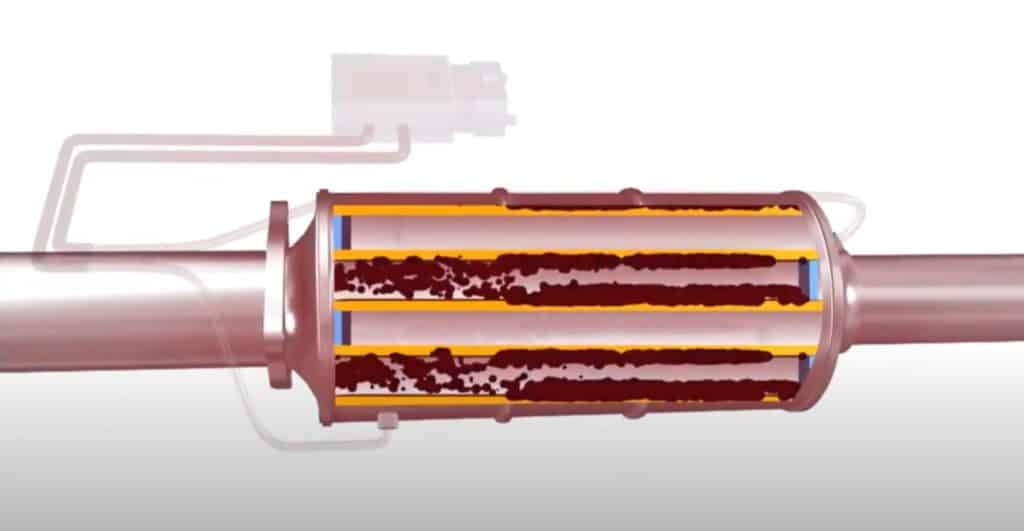
The build-up of matter or soot is unavoidable with diesel engines. But how can it be better managed so that your DPF is not at risk of clogging up? There are various products that will promise to have your diesel engine running more efficient, though, often these contain additives that can also disturb the perfectly balanced nature in which your engine may run. Dipetane is a fuel technology that is unique in the fact is does not contain additives. Dipetane enhances the combustion process by burning more carbon and cleaning the engine internals and then assisting the DPF in its regeneration process. This results in more fuel efficiency, minimal carbon deposits and lowers exhaust emissions.
So how can this help your DPF and diesel engine? Dipetane is a 100 per cent hydrocarbon liquid fuel as opposed to an additive. Dipetane assumes the characteristics of the fuel it is treating and is a single product that works for all fuel types. It has its own lubricant, and it complies with all relevant British Standards, including low sulfur fuels. Dipetane is also self-mixing – just add Dipetane to your fuel and that’s it.
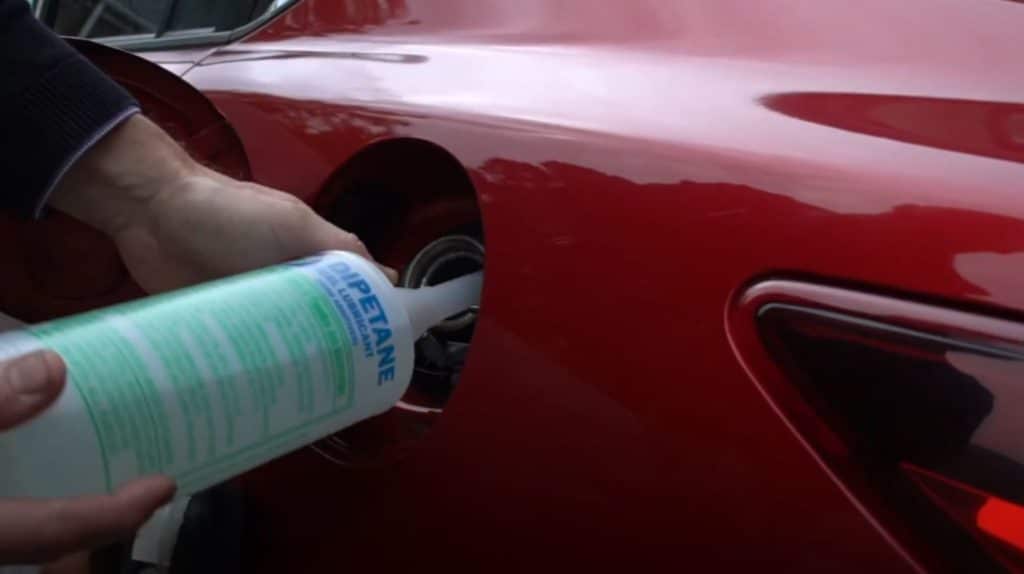
When matter or soot fills the DPF backpressure becomes an issue and regenerations are repeated over and over. After time, such regenerations only serve to transform the ASH into hardened immovable blocks that destroy the DPF, which becomes glazed, cracks or is melted. When this happens the DPF must be removed from the exhaust line. This is not an easy task, being large and difficult to access to. Specialist cleaning and mechanical costs are high, not to mention the inconvenience of downtime – even more costly if your vehicle is used for commercial purposes and has to suffer down time due to mechanical repairs.
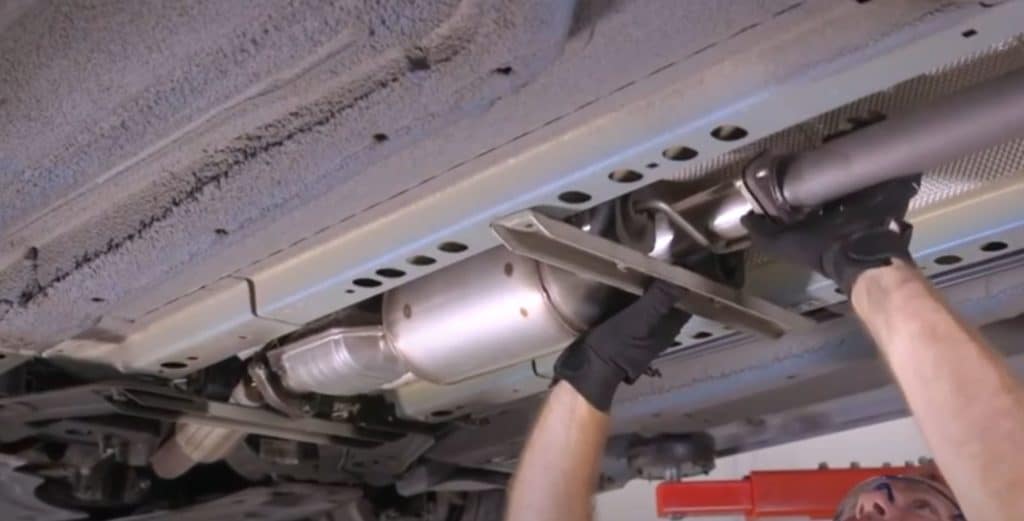
If there’s an issue with your DPF the cost can be astronomical. Protecting your DPF through the use of Dipetane is the best way to prevent DPF damage or build up. Dipetane treated fuel has a unique ability to burn carbon more completely compared to all standard fuels meaning that much less unburnt carbon enters the DPF and therefore the regeneration occurs less often. As an example, in some 6.8-litre engines Dipetane’s use has extended the regeneration from 70 hours out to over 200 hours. This is a substantial fuel saving and protects the DPF from the very high temperatures involved in the regeneration process.
So, what’s the bottom line? Using Dipetane on a consistent basis will save you money in costly repairs, provide better fuel economy and help produce a cleaner environment through less toxic emissions.
Click the link to find your nearest retailer https://dipetane.com/where-to-buy/

